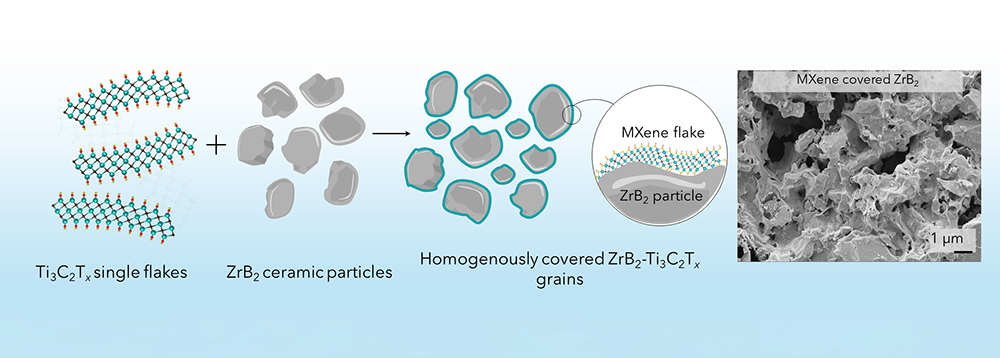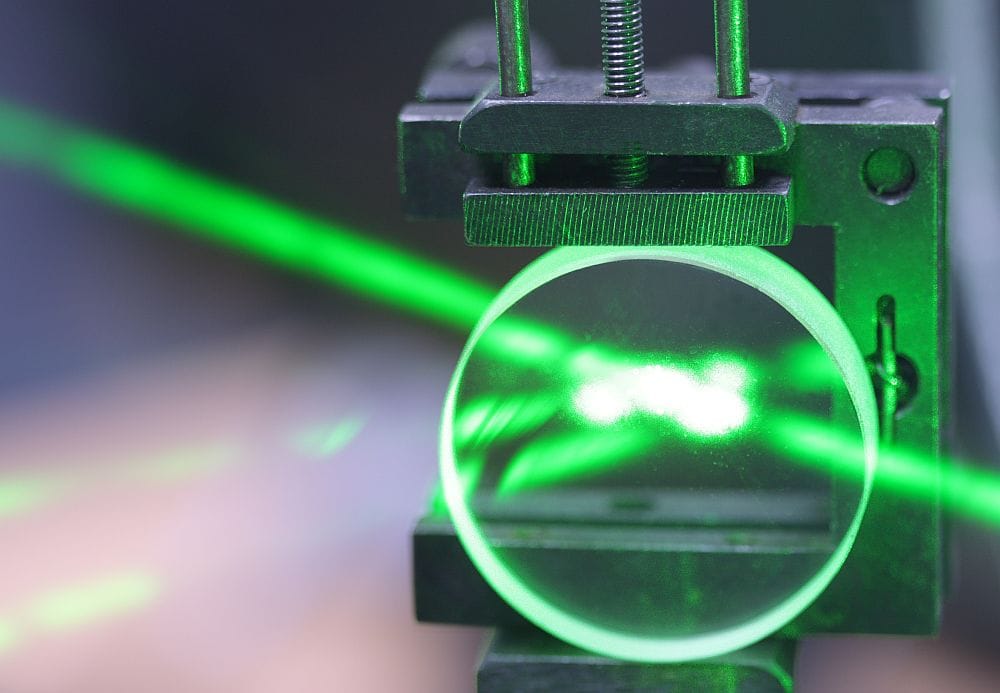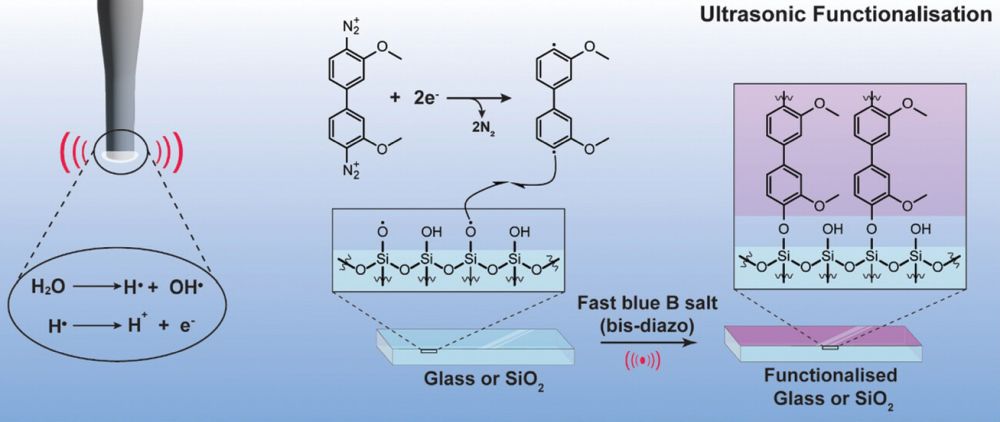The Society just received word that the Inamori Foundation has just named John W. Cahn as the winner of its 2011 Kyoto Prize in the category of Advanced Technology: Materials Science and Engineering. The international Kyoto awards are presented to individuals “who have contributed significantly to the progress of science, the advancement of civilization, and the enrichment and elevation of the human spirit.”
Cahn is something of a luminary in the field of materials science, particularly in the areas of thermodynamics and kinetics, and was made an Honorary Member of The American Ceramic Society — a rare distinction — in 2001.
Cahn’s work, which spans many decades, was done during his tenures at NIST and the University of Washington.
The Kyoto Prize selection committee tapped Cahn for his outstanding contribution to alloy materials engineering by the establishment of spinodal decomposition theory. In collaboration with Dr. John Hilliard, he expanded the theory into a three-dimensional model and incorporated the elastic strain energy term into the free energy of the alloy system. According to the committee, Cahn’s work “has made it possible to predict the optimal microstructures of alloy materials and to maximize their functions. The theory has led to the establishment of a design guideline for the development of alloy materials and contributed to the progress of both materials science and materials industry.”
His nomination for induction as an ACerS member underlines his exceptional contributions to the understanding of thermodynamics and kinetic processes in ceramics, too:
“Contributions include critical discoveries of phase stability, phase transformations, nucleation and growth of crystals, rapid solidification of alloys, and the establishment of the existence of quasicrystals. He has applied the laws of thermodynamics and kinetics to develop fundamental understanding of process that relate to the structural stability of solids. Dr Cahn has written seminal papers that have led the field. His fundamental research has had practical application in the development of new materials: biological filters by the processes of spinodal decomposition; starting powders for powder metallurgy by rapid solidification; improved electronic and structural ceramics by interface doping and controlled grain growth. Dr. Cahn is a dynamic scientist whose influence in materials science and engineering will be felt for years to come.”
The Inamori Foundation is led by Kazuo Inamori, founder of Kyocera Corporation. The Kyoto Prize Presentation Ceremony will be held at the International Conference Center in Kyoto, Japan on Nov. 10, 2011. Cahn will be presented with a diploma, a Kyoto Prize Medal (20K gold) and prize money of 50 million yen. Our congratulations go out to him.
CTT Categories
- Material Innovations


